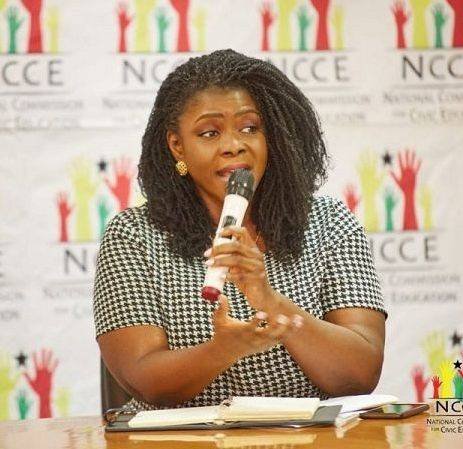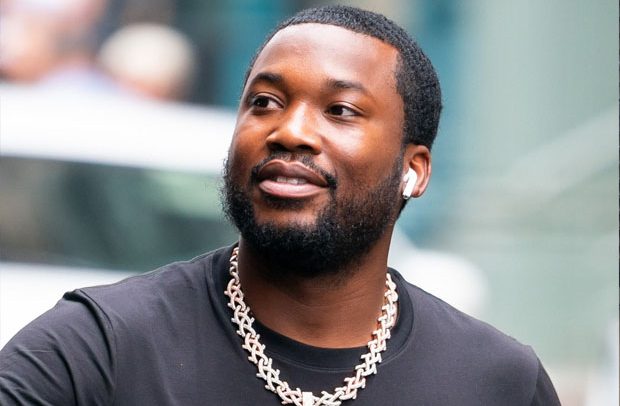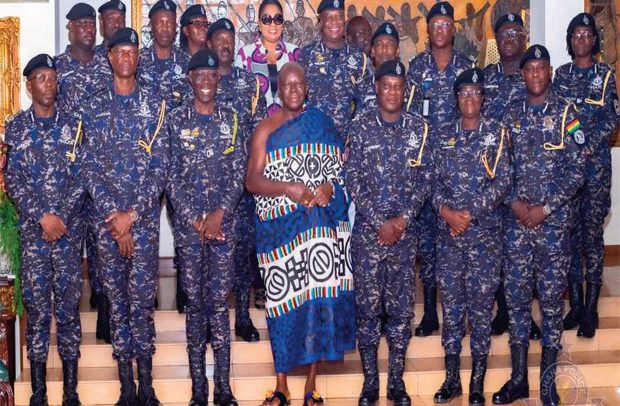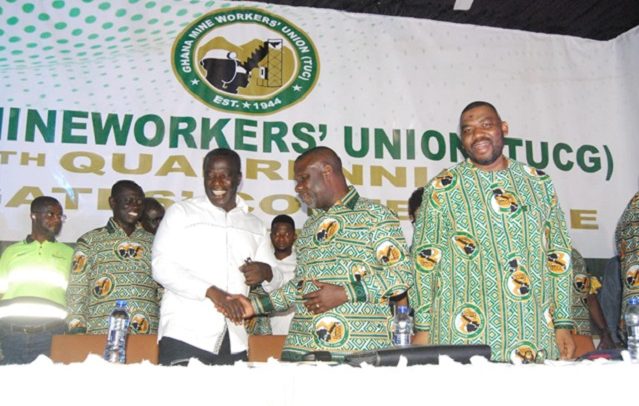
By Professor Maurice OKOLI
The African Union, a continental organization, is heading for a new traditional face within the framework of its guiding principles. That new forthcoming era would open a new chapter and, to a large degree, determine the future of Africa, especially taking cognizance of the current global changes. In less than a year for the expiry of the African Union Chairperson’s position, an advanced search for the next candidate has begun. As stipulated by the organization’s constitution, the candidate for the powerful position is normally elected. It is tentatively planned to choose the fifth Chairperson to succeed incumbent Chairperson Moussa Faki whose second term of office ends in February 2025.
The majority of African leaders have spoken of unprecedented reforms, carrying out a significant internal shake-up and new blood to be pumped into the current African Union leadership and its related allied institutions. Arguments for several changes are necessary to make the continental organization work more effectively and produce tangible results especially now within the context of global reconfiguration. Africa is too diverse to fit together.
But there are many more interests in uniting the continent. But the political, economic, and cultural diversities have to be transformed into continental strength to ensure development and growth, instead of a noticeable display of weaknesses and passive actions. It is often repeatedly claimed that the African Union needs urgent realistic reforms and some kind of rebranding its structure as an effective instrument for rapid development, new economic architecture, and for substantial growth.
In late January, Rwandan President Paul Kagamé was appointed to lead the AU institutional reforms process. It was an important step towards implementing its institutional reforms, setting the Pan-African organization’s objectives under the leadership of the Heads of State who meet once a year at the Assembly. As Africa faces a multitude and multitude of crises, so also unstoppable debates have dominated inside Africa and on international platforms over the performance of the 55-member organization, its existing challenges, and the way forward in the fast-changing world.
A media report released on March 03, 2024, titled “Museveni Endorses Raila Odinga’s AU Chairperson Bid” and circulated in the East African region showed the publicity campaign and erratic steps at promoting Kenyan Raila Odinga to take over as Chairman of the AU Commission. Interestingly, Raila Odinga, Kenya’s opposition leader, has readily accepted Ugandan President Yoweri Museveni’s endorsement of his candidacy for African Union Commission chairperson.
In a flagship statement posted via his social media platforms, Odinga said Museveni endorsed him during a joint meeting with President William Ruto. The Azimio alliance’s leader stated that the joint meeting with President Museveni and President Ruto was organized at the Ugandan president’s invitation.
“I accepted an invitation from President Yoweri Kaguta Museveni of Uganda for a joint meeting with President William Samoei Ruto. President Museveni strongly endorsed my candidacy for Chairperson of the African Union Commission,” said Odinga, showing appreciation for William Ruto for fully supporting his candidature.
The trio also discussed the AU platform for deepening regional integration within the East African Community. Apart from Presidents Ruto and Museveni, other state heads who thrown their invaluable weight behind the former Prime Minister are Samia Suluhu (Tanzania), Cyril Ramaphosa (South Africa), Salva Kiir (South Sudan) and Felix Tshisekedi of the Democratic Republic of Congo. In addition, former Nigerian President Olusegun Obasanjo also endorsed Odinga, saying he is the best candidate to replace the outgoing chair, Moussa Faki.
Raila Odinga has an unmistakable political influence. Born into a modest political family and grew up in politics. His profound perspectives suggest he operates as a pivotal figure within power dynamics and his decision-making capacity is perceived as absolute pragmatic. Odinga, most observers say, possesses an assertive leadership style and always expresses steadfast interest in the complexity of a development-oriented society. These leadership skills echo his deep-seated affection for a genuine communal, regional, and continental tradition. Odinga as a suitable candidate underscores the perfect choice to embrace and settle for the best administrator for Africa.
Nevertheless, an insight into the choice and nomination of possible candidates is fraught with intrigues and nepotism. But at a glance, Odinga envisions to carve out a new distinctive image for the African Union. His high-value knowledge and experiences, corporate business entrepreneurialism combined with pragmatic new economic development thinking would probably save Africa. Narratives too indicated that Odinga would adopt a far-reaching overhauled approach and take unshakable measures toward most significant issues across Africa. These are essential conditions for re-imaging the AU’s future.
As the history of the stipulated procedures indicates, the elected Chairperson becomes the head of the African Union Commission. For instance, on 30 January 2017, after seven rounds of voting, Chad’s Moussa Faki Mahamat was elected Chairperson over Nigeria’s Amina Mohamed. He was re-elected in 2021 for another four-year term which ends in 2025. Moussa Faki Mahamat, born on 21 June 1960, was first time elected as the African Union Commission (AUC) Chairperson on 30 January 2017 and assumed office in March 2017. He served previously as State Minister of Foreign Affairs for the Republic of Chad.
According to official documents researched, the Chairperson of the AUC is the Chief Executive Officer, the legal representative of the AU, and the Commission’s Chief Accounting Officer. The Chairperson of the Commission is elected by the Assembly for a four-year term, renewable once.
In broad terms, the Chairperson’s functions include overall responsibility for the Commission’s administration and finances; promoting and popularizing the AU’s objectives and enhancing its performance; consulting and coordinating with key stakeholders like member states, development partners, Regional Economic Communities (RECs); appointing and managing Commission’s staff; acting as a depository for all AU and OAU treaties and legal instruments.
The African Union (AU) under Moussa Faki Mahamat has made several achievements including raising the continental external relations profile and its ascension into the Group of Twenty (G20). In September 2023, Prime Minister Narendra Modi of India, chairing the G20 summit, the G20 nations agreed to grant the African Union permanent membership status in an appreciable move aimed at offering the continent a stronger voice on important questions and to uplift its unto the higher stage. In its final declaration in New Delhi, the G20 granted the African Union a full-fledged membership. The G20 consists of 19 countries and the European Union, making up about 85 percent of the global GDP and two-thirds of the world’s population.
The post Geopolitical changes, African Union reforms and election of next AU Commission’s Chairperson appeared first on The Business & Financial Times.
Read Full Story






















Facebook
Twitter
Pinterest
Instagram
Google+
YouTube
LinkedIn
RSS